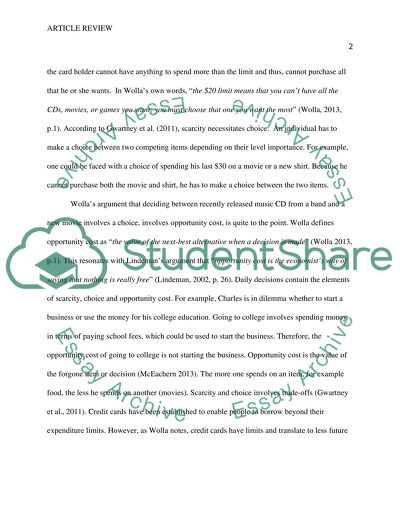Choices Are Everywhere:Why Can't We Just Have It All Article. Retrieved from https://studentshare.org/finance-accounting/1490055-ypchoices-are-everywhere-why-canyiet-we-just-have
Choices Are Everywhere:Why Can'T We Just Have It All Article. https://studentshare.org/finance-accounting/1490055-ypchoices-are-everywhere-why-canyiet-we-just-have.


